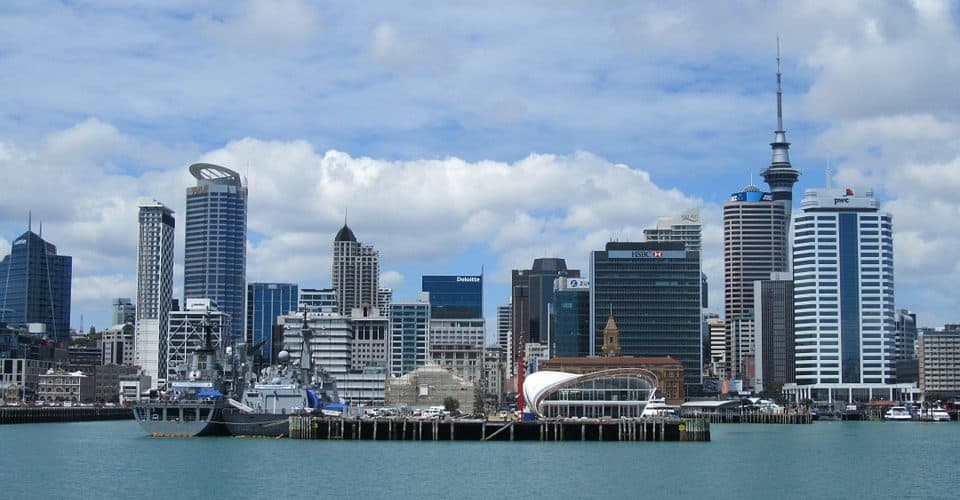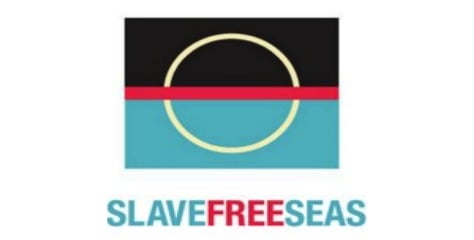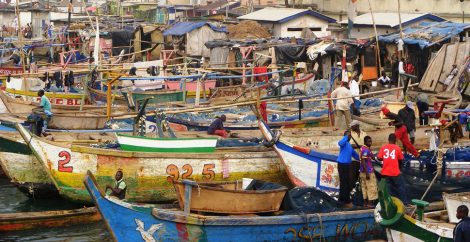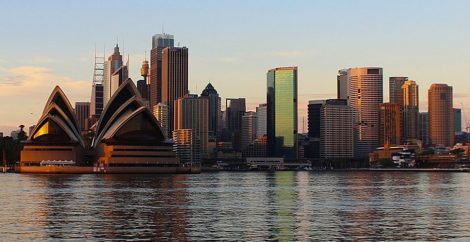Goal:
In partnership with Slave Free Seas, www.slavefreeseas.org, we urge New Zealand to pass the Fisheries Bill (Foreign Charter Vessels and Other Matters), to extend labor protections to workers on foreign charter vessels in New Zealand waters by requiring them to be flagged to New Zealand.
Summary:
“I was a slave, but then I became useless…so they sent me home with nothing.” (Ruslan) This 36-year-old’s story of exploitation aboard a Korean-flagged fishing ship in New Zealand waters made headlines around the world in 2012. It was not an isolated case. Evidence suggests that hundreds were working in slavery-like conditions at sea in New Zealand— threatened, abused, and forced to work 30-hour shifts. New Zealand launched a ministerial enquiry and later introduced a new law which would help end modern slavery at sea. However, that law languished at the bottom of the order list and risked lapsing as the 2013 parliamentary term was about to end.
With our partner, Slave Free Seas, we launched a campaign to call for the passing of the bill. A total of 51,500 of our advocates signed a petition. When it looked likely that the bill would be shelved, 1,600 supporters posted on New Zealand Prime Minister John Key’s official Facebook page. Finally, a committed group of supporters contacted the Prime Minister’s office directly, asking him to give the bill priority before the pre-election recess.
Outcome:
On July 31, 2014, the final day before the pre-election recess, the Parliament of New Zealand voted to adopt a this new law helping to prevent slavery at sea by requiring all vessels to be flagged to New Zealand in 2016. This sent a strong signal to other nations that slavery in the fishing industry will not be tolerated.






-
Follow us on Facebook
5.6M
-
Follow us on Twitter
32K
-
Follow us on Instagram
8K
-
Subscribe to our Youtube
5.7K
Donate